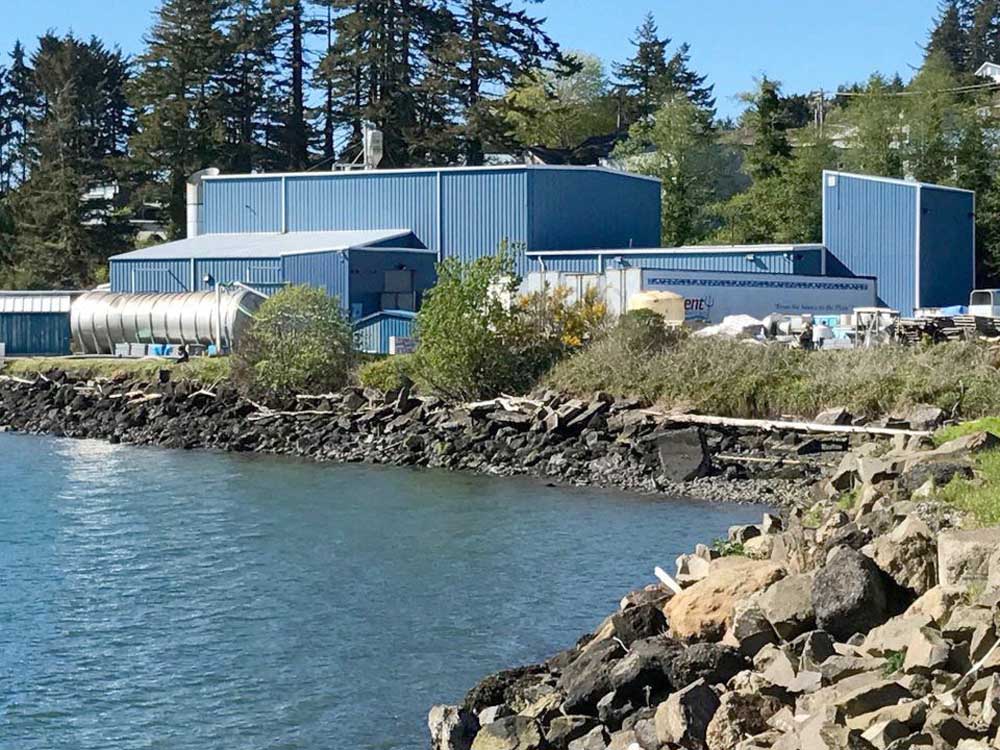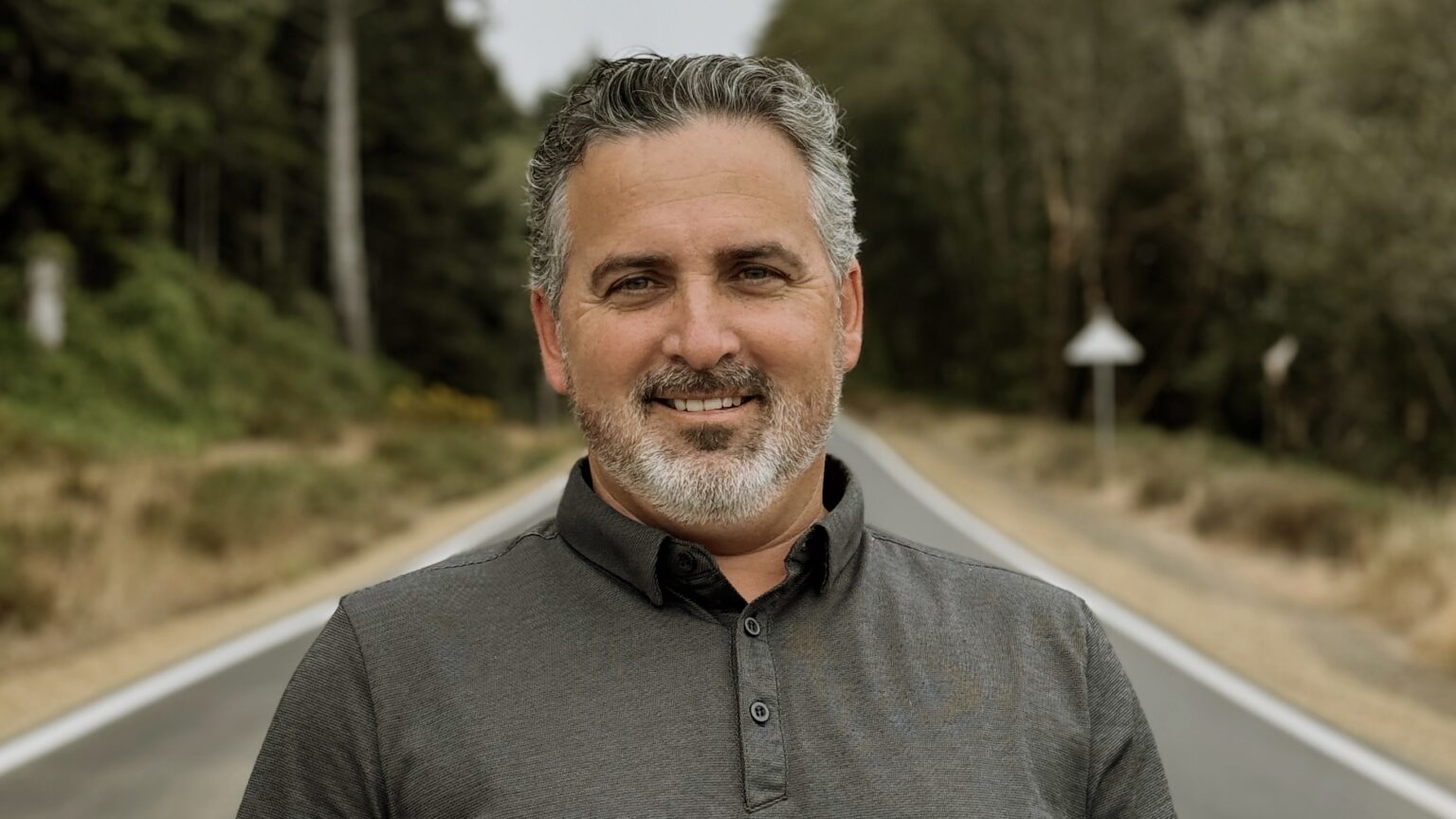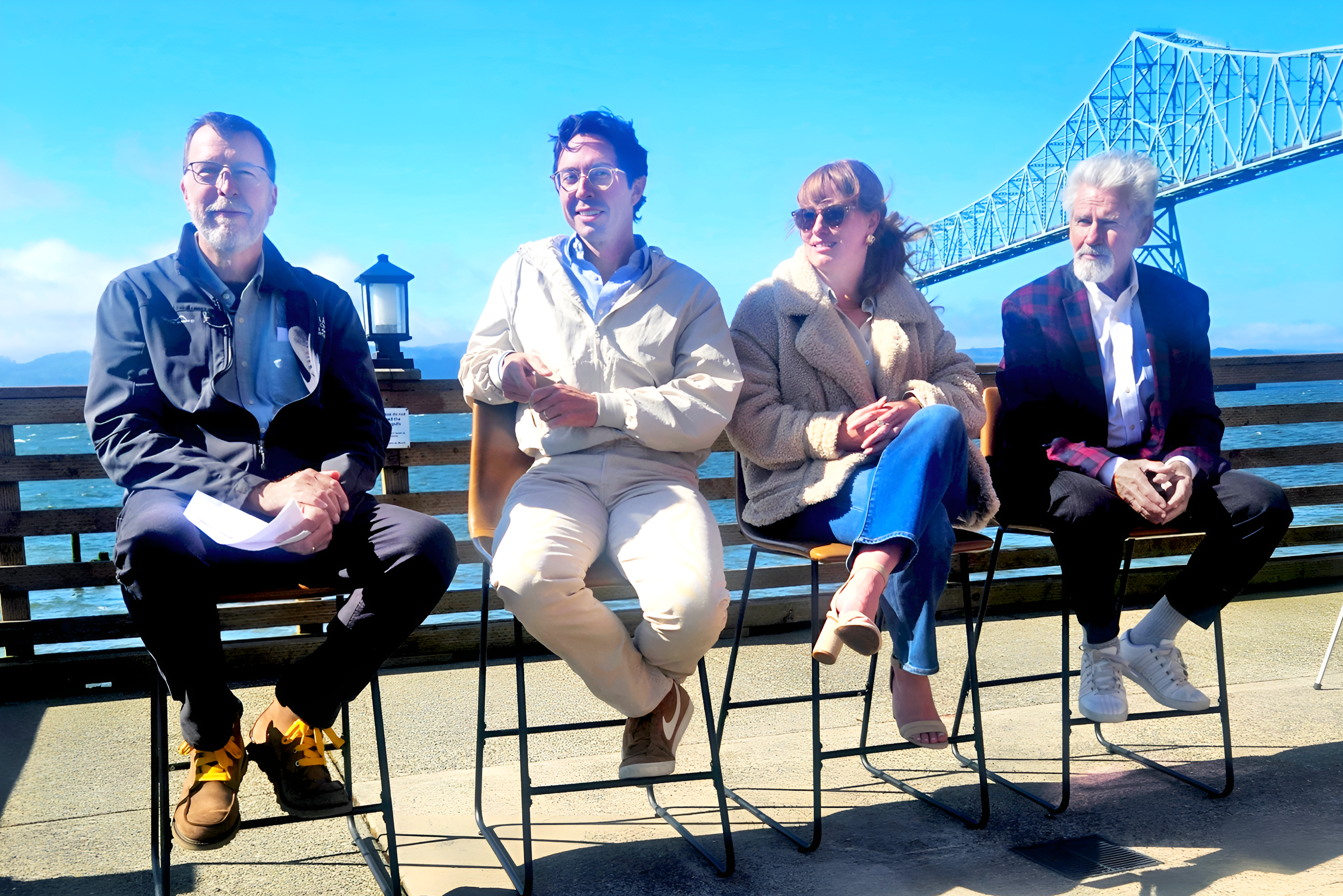Pacific Seafood, state clash over growth
Published 4:28 am Monday, May 15, 2017

- Pacific Seafood Group acquired Trident Seafood's fish meal plant in Newport in April. The Clackamas-based company has a growing footprint in Newport, where it also has purchased two other seafood processing properties and aims to add a surimi plant to its portfolio.
NEWPORT — Pacific Seafood Group, the industry’s billion-dollar behemoth, has thoroughly shaken up this bustling commercial fishing town with an expansion blitz that will increase its already dominant market position.
But before going ahead with a deal to buy the hulking Trident Seafoods processing plant in the heart of Newport’s Bayfront, the biggest player in the West Coast seafood business made what one lawmaker called an “unprecedented request.”
Pacific is willing to complete the deal, keep the Trident plant open and hire nearly 150 seasonal employees, but only if the Oregon Department of Justice guarantees there would be no objections to the deal later.
In effect, Pacific is seeking immunity to antitrust laws from the very agency that two years ago intervened on the side of fishermen in their antitrust lawsuit filed against the Clackamas-based company.
Pacific may have overplayed its hand. In a blistering response to the company late Thursday afternoon, the Department of Justice threatened to take enforcement action against the company unless it agrees to put the Trident plant on the market for a year and, short of a sale, operate it for at least three years.
It accused the company of concealing an earlier purchase of another Trident facility, of misrepresenting the department’s position in its talks with lawmakers, and of asking for a kind of guarantee it can’t give.
“Your request is extraordinary as DOJ has never granted prospective immunity of this type and the Oregon antitrust act provides us with no express authority to grant it,” wrote Tim Nord, the department’s lead antitrust attorney.
At the center of the drama on the Bayfront is Frank Dulcich, the fiercely ambitious chief executive who built Pacific into the largest seafood processor and distributor in the western United States. The company’s growing presence elicits a mix of gratitude and resentment from commercial fishermen who have watched warily as Pacific has become the dominant processor in virtually every commercial fishing port in Oregon and Washington.
If Pacific goes ahead with the Trident acquisition, it will leave just two major seafood processors in the state’s busiest commercial fishing port. “It’s amazing to walk down the Bayfront,” said Bob Eder, a Newport commercial fisherman for 45 years. “It appears that Newport is becoming a company town.”
Pacific is applying a political full-court press in Salem, where lawmakers representing coastal districts are pushing the Department of Justice to find a compromise. Time is of the essence: The commercial season for Pacific whiting, the kind of fish the Trident plant in Newport is equipped to process, opens Monday.
Rep. David Gomberg, D-Central Oregon Coast, said he’s well aware of the fishermen’s gripes about Pacific’s heavy-handed tactics. “For the fishermen, I know it’s better to have options,” Gomberg said. “But we’re looking to preserve jobs and protect the local economy.”
Seven years ago, another Pacific expansion move was causing heartburn in the Northwest commercial fishing industry. Pacific had entered into an exclusive marketing agreement with Ocean Gold, a large Westport, Washington, processor, to sell its fish. Dulcich personally owned a minority share in Ocean Gold and eventually moved ahead with plans to buy the company outright.
Today, a related case is still dragging through the courts. The litigation has not always gone well for the fishermen. Their first complaint was settled with no money changing hands.
But the litigation prompted the Department of Justice to launch two antitrust investigations of Pacific. The state never filed its own case against the seafood giant but in 2015 it intervened on behalf of the fishermen’s lawsuit. “Fishermen face both the threat of reduced purchase prices from the merger and reduced choice due to elimination of future competition whereas Pacific Seafood will not be prejudiced,” the state wrote.
The litigation outraged Pacific and many of its supporters. No company had paid more to commercial fishermen than Pacific, they argued, nor had done more to build and expand markets for Northwest seafood. From their vantage point, the state was harassing the company and endangering rural Oregon jobs with a years-long antitrust investigation.
“I don’t think people appreciate the fragility of the West Coast processing industry,” said John Sackton, a market analyst with Seafood.com in Boston. “It’s become increasingly difficult for companies to make money. It takes volume to earn profits. So there’s been a lot of consolidation. In a lot of places in the world there is just one or maybe two companies that do all the processing.”
The legal morass stymied Pacific’s expansion drive, until 2015.
That was the year Pacific paid more than $1 million for just over half an acre of dilapidated Newport bayfront property. It bought the parcel from California Shellfish, parent company of a competing processor, Hallmark Fisheries, which runs a fish-buying station at the site.
Pacific is planning a new, state-of-the-art processing plant as well as a commercial development that would lease space to small marine and tourist-related businesses. It even is considering a larger attraction described as the seafood industry equivalent of the famed Tillamook Cheese Factory.
Then, Trident decided to exit Oregon. It dismissed other suitors interested in the properties and went to Pacific. In early April, Pacific closed its acquisition of the Trident fish meal plant, which converts fish waste to fish food.
Days later, Pacific went public with its possible purchase of the larger Trident processing plant.
The Trident plant converts whiting into surimi, an odorless, tasteless fish protein that is the main ingredient in imitation crab and lobster.
A processing plant specializing in whiting is a vital asset to Oregon commercial fishermen. While there are other whiting processors on the coast — four just in the Warrenton-Astoria area — there is a massive number of whiting off the Northwest coast and federal fisheries regulators have set huge catch limits.
Pacific first went to the whiting fleet to see if they approved. They gave their unanimous assent, said Heather Mann, of the Midwater Trawlers Cooperative in Newport. Even Todd Whaley approved, Mann said. The Brookings fisherman was a lead plaintiff in the first antitrust lawsuit against Pacific.
Pacific then turned to Salem, saying it would not go through with the Trident deal without a clear signal of support. Specifically, it asked for a “no-action” letter from the Department of Justice.
The agency said it would need time — eights weeks or so — to review the Pacific-Trident deal. Pacific argued it couldn’t wait that long. The whiting season opens May 15.
While negotiations continue, some Newport residents lament the loss of Trident. Sara Skamser, whose company, Foulweather Trawl, makes commercial fishing nets, said Trident was a sort of neutral sanctuary. Unlike Pacific, which tends to cater to the fishermen it buys from, Trident would sell ice or bait to all-comers.
More importantly, Trident offered an alternative. “Fishermen like choices,” Skamser said. “And they increasingly don’t have choices. It’s kind of hard to see these monopolies.”
Ice has emerged as a major concern. If Pacific buys the Trident plant or it closes, Pacific will be the only company in Newport able to produce major volumes of ice.
Fishermen can’t fish without ice. Jeff Boardman, a shrimper from Depoe Bay, said when he goes to sea, he’s got 8 to 9 tons of ice on board. “You get one company with all the ice in town, they can control who fishes and when,” he said.
The Department of Justice’s response to Pacific may give heart to the company’s critics. It laid out a laundry list of requirements Pacific must meet to avoid enforcement actions.
Dan Occhipinti, Pacific’s general counsel, said the company is mulling the state’s conditions. “Even though DOJ’s response came in unexpectedly just hours before the deadline, we are doing the best we can to review it in the short amount of time they have given us,” he said.
Occhipinti added that Pacific knows that it can’t survive without the fishermen. “If fishermen don’t sell to us, we’re out of business,” he said. “Our job is to create better markets. If we succeed, we increase the value of the resource and we can pay fishermen more. Are there disagreements on price? Of course, sometimes there are. But at end of the day, we are all in this together.”
Sen. Betsy Johnson, D-Scappoose, is among those trying to broker a peace pact. She echoes the Pacific talking point that blocking the Trident acquisition wouldn’t lessen Pacific’s dominance.
“Does Pacific Seafood increase its market share by buying Trident? You bet.” Johnson said. “Does the company increase its market share by not buying Trident. Yes, it does.”









